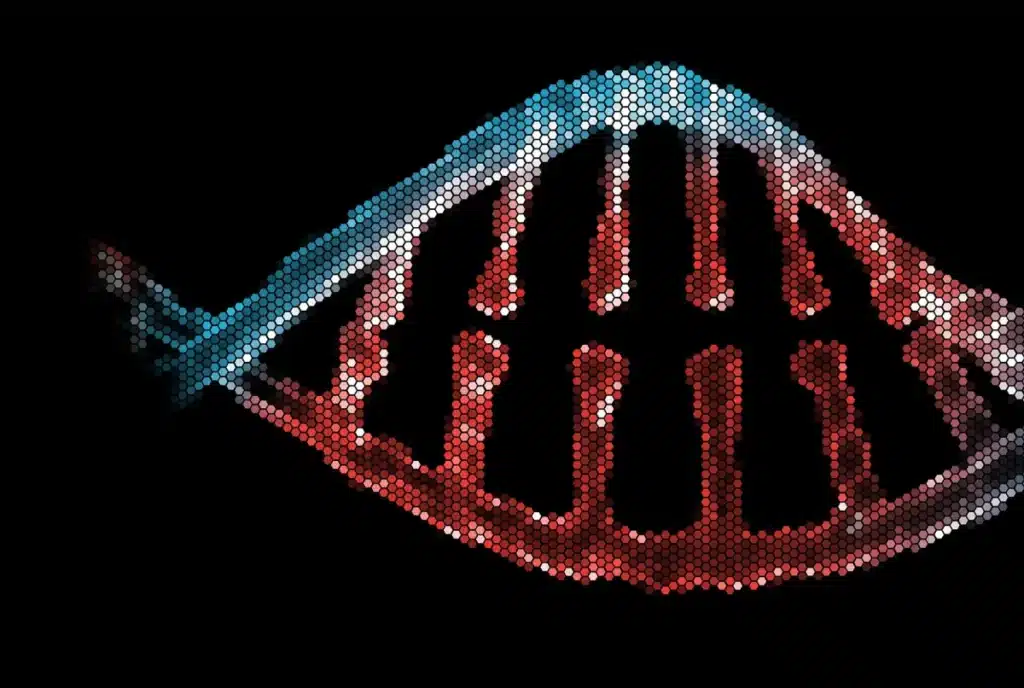Meet Finch: The Ambitious AI Tool Aiming to Revolutionize Biology (But Can It Deliver?)

Hey, it’s Chad here, and today we’re diving into the buzz around FutureHouse’s new AI tool, Finch. If you’ve ever wondered when we’ll finally get that “AI scientist” that can outpace humans in the lab, you’re not alone. FutureHouse-backed by Eric Schmidt, no less-thinks they’ve just taken a big step in that direction. But is Finch the game-changer biology needs, or just another overhyped lab assistant? Let’s break it down.

Image Credit: Futurehouse
What Is Finch and Why Should You Care?
FutureHouse, a nonprofit with some serious tech cred, just previewed Finch: an AI tool designed to drive data-driven discovery in biology. The goal? To eventually build an “AI scientist” that can tackle research tasks with the speed and insight of a human-maybe even better. Finch is fresh off the launch of FutureHouse’s API and platform, and the team is already hyping its potential to shake up the scientific method (1)(2).
Here’s what makes Finch interesting:
- It processes biological data from research publications.
- Users can prompt it with questions like, “What insights can you provide on molecular drivers of cancer metastases?”
- It executes code, generates visualizations, and analyzes outcomes on the fly.
- According to co-founder and CEO Sam Rodriques, Finch currently performs at the level of a “first-year graduate student”-which, let’s be honest, is both impressive and a little humbling for all those grad students out there.
How Does Finch Work?
Finch isn’t just a glorified search engine. You feed it a prompt, and it actively sifts through mountains of biological data, runs code, and spits out visualizations and analyses. Think of it as a research assistant that never sleeps and doesn’t complain about pipetting. The idea is to accelerate the process of hypothesis generation, data analysis, and maybe, just maybe, scientific discovery.
Rodriques is bullish on Finch’s potential, saying, “Being able to go from question to answer in minutes is a superpower.” For his own projects, he claims it’s “pretty awesome”-though, let’s be real, every founder says that about their baby.
The Big Vision: AI Scientists and the Future of Discovery
FutureHouse isn’t alone in dreaming big. Tech giants like OpenAI and Anthropic are also betting that AI will soon turbocharge scientific progress. OpenAI’s Sam Altman has even gone on record saying “superintelligent” AI tools could massively speed up innovation, especially in fields like drug discovery and cancer research.
Anthropic, meanwhile, launched its own “AI for science” initiative, promising breakthroughs that sound straight out of a sci-fi novel. The vision is clear: AI won’t just help scientists-it’ll become one.
The Cold, Hard Truth: Hype vs. Reality
Here’s where things get spicy. Despite all the hype, there’s still a major gap between what AI promises and what it actually delivers in the lab. Finch hasn’t made any scientific breakthroughs yet. In fact, most researchers aren’t convinced that AI is steering the scientific process in a meaningful way-at least not yet.
Let’s not forget: the biology and drug discovery market is massive. Precedence Research estimates it was worth $65 billion in 2024 and could hit $160 billion by 2034. That’s a lot of incentive for startups and giants alike to chase AI-powered solutions.
But so far, the track record is mixed:
- Companies like Exscientia and BenevolentAI have faced high-profile failures in clinical trials, despite leveraging cutting-edge AI.
- Even DeepMind’s AlphaFold 3-widely hailed as a breakthrough for protein folding-shows inconsistent accuracy in real-world settings.
Why Is Biology So Hard for AI?
Biology isn’t just about crunching numbers. It’s messy, complex, and full of exceptions. Unlike chess or Go, where the rules are clear, biological systems are noisy and unpredictable. Sure, AI can spot patterns in data, but translating those patterns into actionable insights (that actually work in the lab) is a whole different beast.
AI tools like Finch are great at sifting through literature and generating hypotheses, but the leap from data analysis to genuine discovery is huge. And let’s not forget: the ultimate test for any tool in this space is whether it can deliver results that hold up in clinical trials and real-world applications.
What’s Next for Finch and AI in Biology?
FutureHouse is playing the long game. Their ten-year vision is to create an AI scientist that can autonomously drive research from hypothesis to discovery. Finch is just the first step-a proof of concept that, with enough data and iteration, could eventually become a powerhouse in the lab.
But for now, Finch is more of a promising intern than a Nobel Prize contender. The real test will come when (or if) it helps researchers make discoveries that change how we understand biology-or better yet, lead to new treatments and cures.
The Bottom Line: Should You Believe the Hype?
As someone who’s seen plenty of “revolutionary” tech come and go, I’ll say this: Finch is intriguing, but the jury’s still out. The potential is massive, especially as AI models get smarter and datasets get richer. But until these tools start racking up real-world wins-think new drugs, therapies, or fundamental discoveries-skepticism is warranted.
Still, if you’re in the world of biology or biotech, keep an eye on Finch and its competitors. The next decade could see AI move from sidekick to star player in the lab. Or, it could be another case of “so close, yet so far.” Either way, it’s going to be a wild ride.